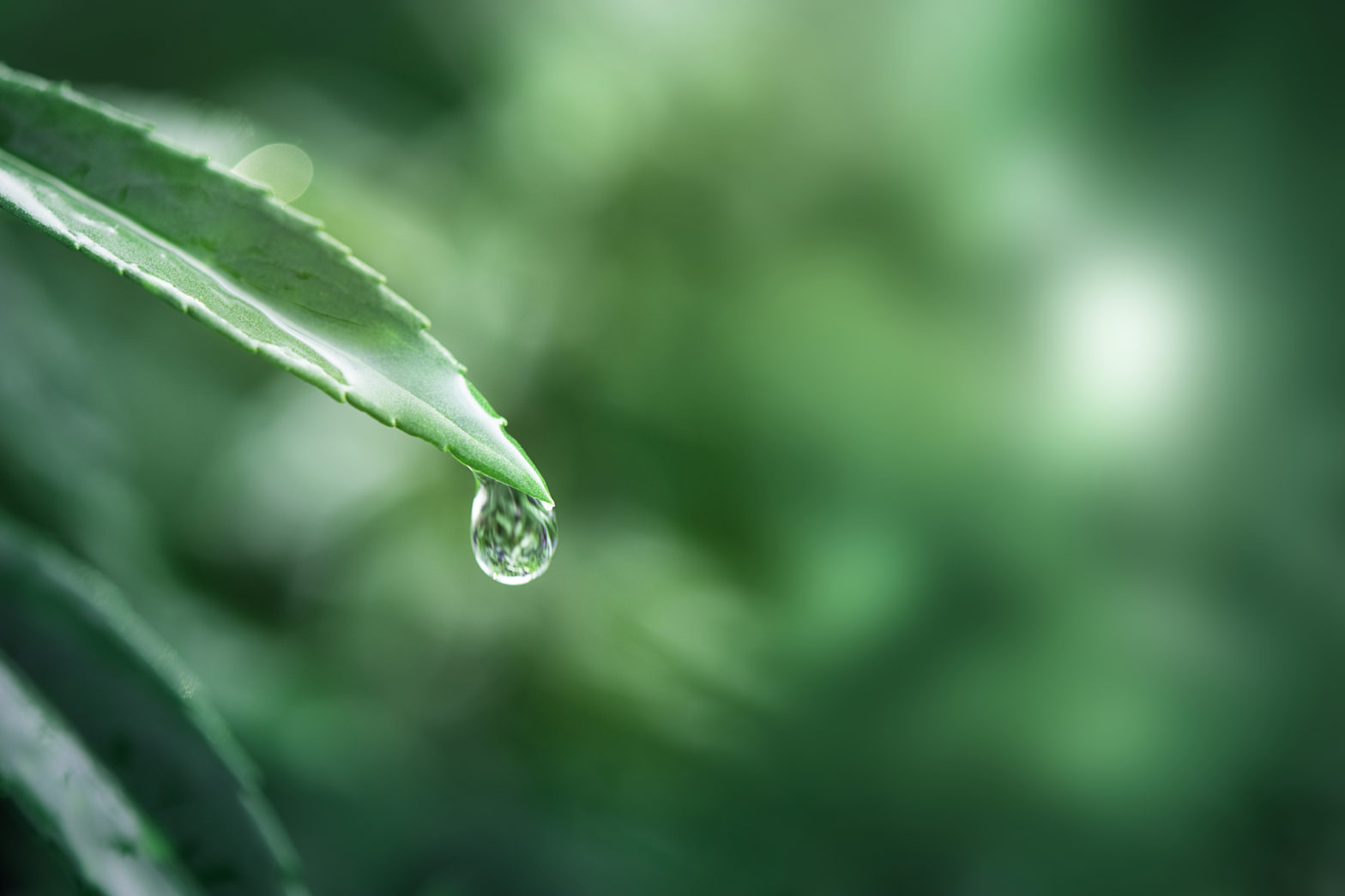“The health of our planet and the climate change is one of the biggest stories of our time. As a broadcaster we can make the greatest impact in this respect through our content and inspiration provided to our viewers. However, we consider it no less important to clean up our act and minimise our carbon footprint,”
says Hana de Goeij, head of sustainable production and content of TV Nova. Sustainable film making aims at reducing the carbon footprint and offsetting the remaining emissions, i.e. providing financial support to projects that deliberately reduce the amount of carbon dioxide in the atmosphere.
Official certification of the international albert platform was awarded to the comedy crime drama Mimořádné intelektové nadání starring Tatiana Dyková and Roman Zach. Total CO2 emissions for this series were 11.52 tonnes per hour of footage (the average value for similar formats is 19.8 tonnes according to albert). During the shoot, all disposable utensils were eliminated and printing was minimised, the entire crew was continuously educated, and other measures were taken that in the end significantly reduced the environmental impact.
The M.I.N. series was produced for TV Nova by Pavel Berčík and Ondřej Zima from Evolution Films, the winners of the Czech Lion award. “The topic of sustainability has recently resonated in a number of sectors and the audio visual industry should not lag behind,” says Pavel Berčík, the producer from Evolution Films, adding that “Any systemic change, which sustainable shooting definitely is, initially brings surprises and changes for the entire crew. But today, everyone understands why we are taking certain steps. The result is worth the effort, which I can confirm from my own experience of making the series Mimořádné intelektové nadání.“
Another format that deserved the prestigious certification by albert is the sketch show První dobrá. The new original format of TV Nova achieved carbon neutrality. The total emissions were offset, resulting in just 1.89 tonnes per hour of footage. Thanks to the excellent cooperation of the entire crew, the green captain and production, during the 18 days of shooting the savings included up to 450 bottles (volume of 1.5 l), one thousand disposable cups and 950 disposable cutlery pieces. The lights were mostly LED, saving 228.58 kW/h. It is the same amount of electricity a regular Czech household consumes by watching TV for two years.
“Environmental responsibility is the basic responsibility I take in my personal and professional life. There is always an awful lot of people on the set, and if there is no responsibility, a lot of waste is produced unnecessarily. It has irritated me all my life and when I have my own production I can make a decision to reduce waste,”
sums up Vincent Navrátil, director and author of První dobrá.
“Green filming is about saving our nature. For me it is a common thing. For example, 15 years ago it was normal in catering that people were getting meals on porcelain plates, they had cutlery and porcelain cups. These are things that used to be absolutely common. For me, green filming is a return to the original, normal and civilised habits and I have no problem adopting them.”
The British Albert platform is involved in sustainability principles in film making and TV and helps set the path to the smallest possible carbon footprint not only for large companies and corporations but also for small production companies. Albert has launched a global calculator where any film or TV production can calculate its carbon footprint and learn how to reduce it, be more sustainable or report correctly. CME is the first albert member from Central and Eastern Europe, joining companies such as Fremantle, ITV and Sky.

